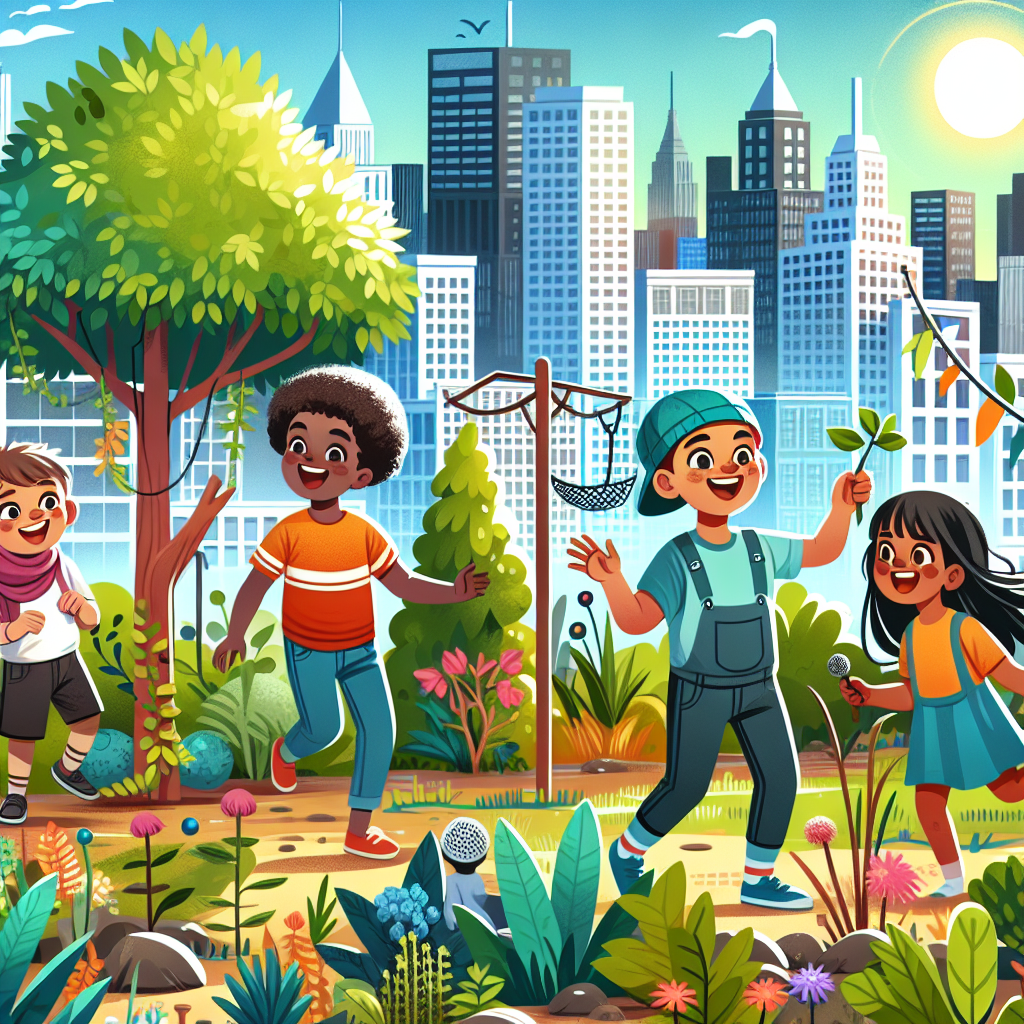.
In recent years, the loss of biodiversity has become a major concern for planetary and human health. Children, in particular, are at a higher risk of adverse effects due to their unique biological, developmental, and behavioral factors, as well as their longer exposure to an altered planet. This is especially true for children living in vulnerable socioeconomic conditions.
The loss of biodiversity has a direct impact on the consequences of climate change, which in turn affects pediatric health. For example, trees provide shelter against heat waves, unsealed soil and wetlands mitigate flooding, and rewilded green space supports immune and mental health through high microbial richness. The loss of these protective measures can have a significant impact on children’s health.
Moreover, the loss of biodiversity can also affect the discovery and development of new pharmaceuticals, which could have a long-term impact on children’s medicine. This highlights the urgent need to address the issue of biodiversity loss and its impact on pediatric health.
Efforts have been made to restore biodiversity at the local and global levels, with the aim of protecting pediatric populations and improving their health. However, more needs to be done to address this issue and protect the future of our children.
The loss of biodiversity is a global issue that requires immediate attention. It not only affects the health of the planet but also has a disproportionate impact on children. By taking steps to maintain and restore biodiversity, we can protect the health of our children and ensure a better future for generations to come.

